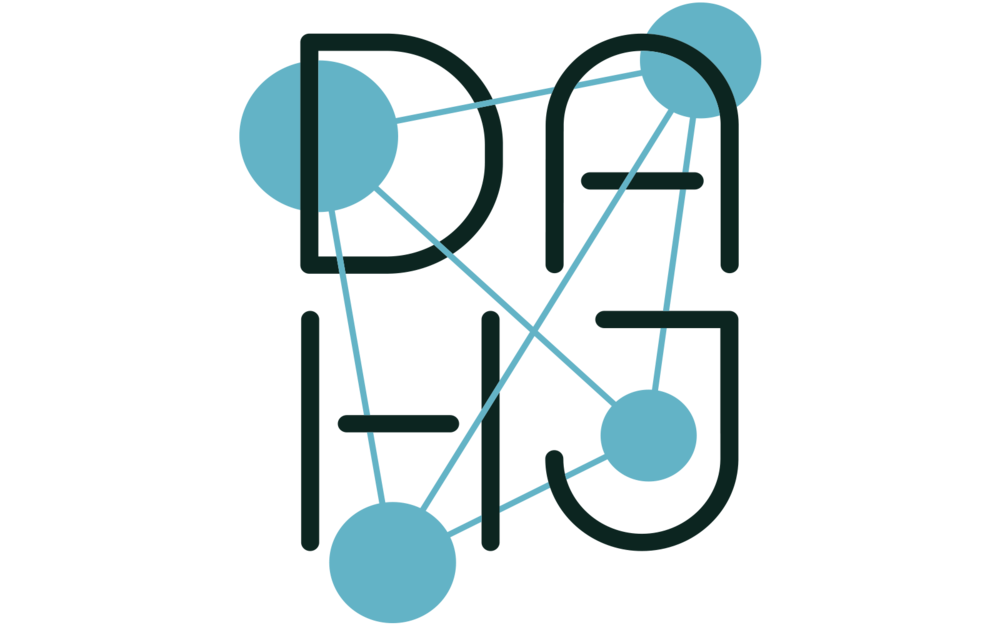The Dark Database Series, 2020-2022
AI-generated images (Open Computer Vision, Python, Adobe Photoshop)
Born and raised in New York, Dennis Delgado studied film at the University of Rochester and sculpture at the City College of New York. He is interested in vision technologies, particularly those that reinforce colonialist ideologies and neoliberal governance. The Dark Database Series is an exploration of racial bias in today’s facial recognition systems. These systems are largely trained on Caucasian faces – recognition is rare or heavily glitched for faces of color. In response to this technological erasure, Delgado trained a facial recognition algorithm using the faces of film directors of color. The algorithm only detected partial faces, offering incomplete, pixelated interpretations of each individual. Delgado then determined the median pixel value of each face and compiled them all together to create singular portraits – a record of the algorithm’s view. By excavating what the machine could see, rather than what it erased, the portraits become what Delgado sees as a “record of visibility and representation as seen through the eyes of artificial intelligence.” Displayed on iPads (via 3D scans in this exhibition), The Dark Database Series reinforces how we interact with facial recognition technologies on a daily basis and the systemic racism that unrecognition perpetuates.
Artist Bio
Dennis Delgado was born in the South Bronx, and received a BA in Film Studies from the University of Rochester as well as an MFA in Sculpture from the City College of New York (CUNY). His work examines the forms through which ideologies of colonialism persist and re-inscribe themselves, revealing a historical presence in the current moment. He is interested in how technologies of vision reproduce the scopic regimes of expansionism and neo-liberal governance. His work has been exhibited at the Palo Alto Center for the Arts, Bronx Museum of the Arts, the Schomburg Center for Research in Black Culture, El Museo del Barrio, and at the Cooper Union.
Dennis Delgado on the future of AI art and culture:
“So as far as the future of art and culture, with the kind of introduction of artificial intelligence, I think it's going to be a kind of murky ground. I think although artificial intelligence tools are important and I think they can kind of provide artists with a new way of working or a new way of working through ideas. You know, my concern, at least as an educator, not so much as an artist, is that students are relying on these tools to combat their own anxieties about creating new forms.
And I think, if anything, artificial intelligence tools, image generators or even text generators, you know, should be used with a certain level of caution and not as a kind of alternative to one's own voice or one's own algorithm. So I think that for me is what maintains the most important that not only students but young artists learn to use these tools, learn to recognize their limits and recognize their potentials and how they can be used in a way that helps them kind of map new ground and not necessarily replace their own agency as artists, if that makes sense.”

